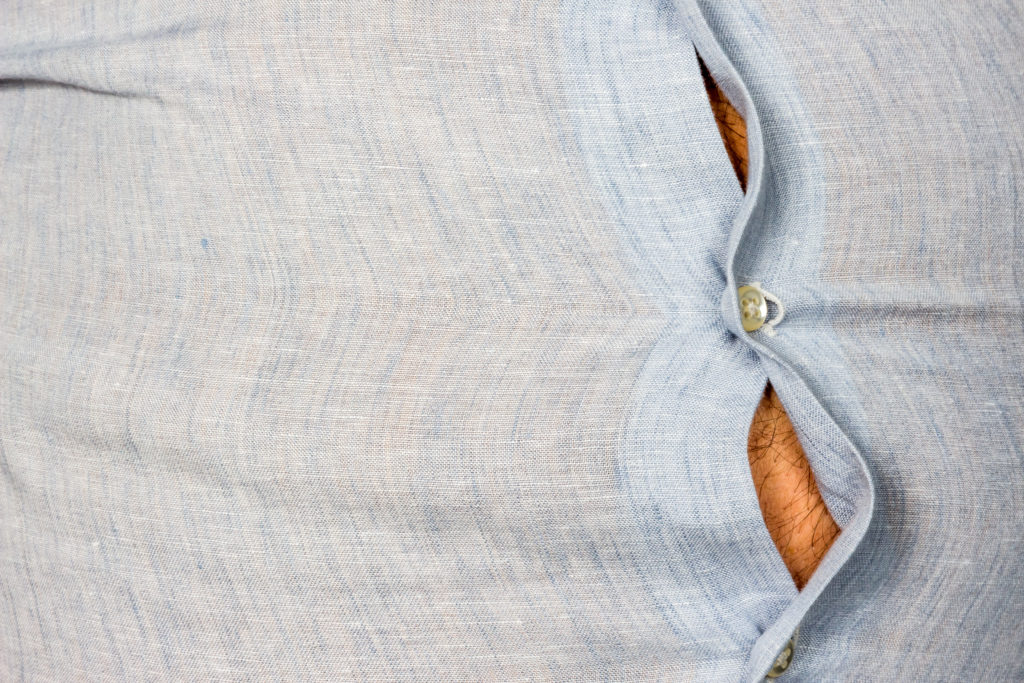Obesity and Independence

I cannot compromise or inhibit my independence.
~Walter Annenberg
Aging in Place
As the 4th of July nears my thoughts always return to this topic: Obesity and Aging in Place Independence.
Another year, another not-so-great report about obesity among Americans. The nation’s obesity rate is approaching 40 percent after holding around 34–35 percent between 2005 and 2012, according to data in The State of Obesity: Better Policies for a Healthier America 2018. No state has had a statistically significant drop in its obesity rate in the past five years. ~AMA
Ironically this is a civil holiday for the celebration of the anniversary of the beginnings of national independence. July 4 is the commemoration of the adoption of the declaration of the Congress of the Thirteen United States of America, on the 4th of July 1776, by which they formally declared that these colonies were free and independent States, not subject to the government of Great Britain. Yet I wondered just what does Independence mean to me and the average American? Can being in a state where your body isn’t fully available to you–be considered freeing? Or a state of independence? So, I turned to the internet for a definition:
1. (noun) independence
the state or quality of being independent; freedom from dependence; exemption from reliance on, or control by, others; self-subsistence or maintenance; the direction of one’s own affairs without interference.
~Princeton’s Wordnet
Free to Make Choices Affecting Aging in Place
With this definition it’s clear we are “free” to make choices that may not serve to further our independence down the road. Further, despite all the information concerning the health effects of being over-weight many continue down that path.
The issues are complex and call for systems thinking when designing interventions–it’s even difficult to write about here for fear of offending or alienating readers. But if I truly believe in others having the best chance at successful aging in place, then I’m compelled to discuss obesity as it relates to living independently.
Obesity among young Americans is a serious problem that can have serious ramifications in the long run.
-Virginia Foxx
Each day we are faced with countless “choice points” about our lives; to take the stairs, order the light lunch, or stop at one dessert. These choice points have an accumulative effect–if we make the hard choices now, life can get easier later. If we make the easy choices now, life will get harder later on–and with each decision our future independence hangs in the balance.
Aging in Place with Bowling Balls in Tow
Consider this as you ponder Independence Day; at 42lbs “over-weight,” you’re negotiating stairs, bathtubs, kitchens, and chores like yard work (*ADLs)–carrying the equivalent of 3 average size bowling balls!
Think what that does to:
1. Your energy level
2. Your cardiovascular system (extra vessels to feed all that adipose tissue = extra workload on your heart)
3. Your skeletal system (knees, hips, back)
Just to mention a few systems affected…
How We Live Determines How We Age
So many of the things we blame on aging have nothing to do with getting older. What’s misuse or disuse, and what’s normal aging? Loosing 42lbs means not being burdened by 3 bowling balls! How might that improve your odds of aging in place successfully?
There are all kinds of home modifications, high tech gadgets, and wonderful universal design products available on the market which can facilitate aging in place–some are reasonably priced, some expensive, and some even priceless–but none as effective as mindful living and making choices that will honor your future independence.
________________________________________________________________________________________
I refer you to the Mayo Clinic for the definition of Obesity–You can argue it with them. My point is to make the case for the cause-and-effect of Obesity and the potential threat to Independence (aging in place).
*Activities of daily living (ADLs or ADL) is a term used in healthcare to refer to people’s daily self-care activities.
